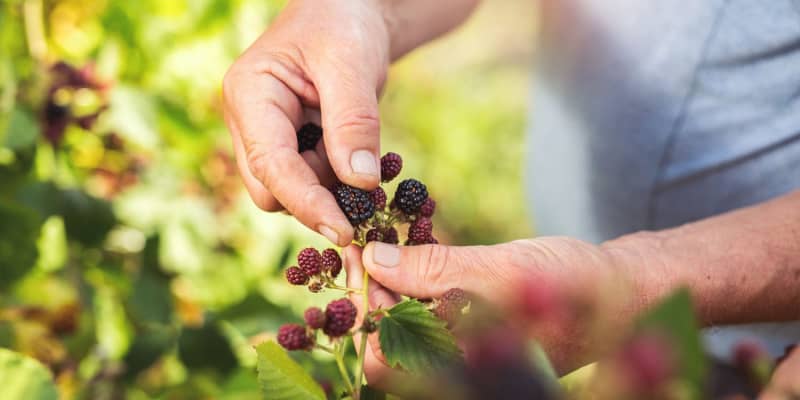
.
Foraging for food, water, and mates constitutes a fundamental aspect of the lives of all mobile organisms. Researchers believe that foraging played a crucial role in the development of intelligence in early humans and their ancestors. This lifestyle required complex cognitive skills such as spatial memory, decision-making, and problem-solving to locate, track, and harvest food sources.
Foragers needed to remember the locations of various food sources, understand seasonal patterns, and navigate through diverse terrains. Additionally, foraging often involved cooperation and communication within groups to share information and strategies, which further stimulated social and cognitive development. The challenges of foraging also drove the evolution of tools and technologies, requiring innovation and the ability to plan and execute complex tasks.
By its nature and regardless of the type of resources one is collecting, foraging requires the forager to make a tradeoff between exploring new options and exploiting known ones. Study author David L. Barack and his colleagues wanted to better understand how symptoms of ADHD might affect foraging patterns.
ADHD is a neurodevelopmental disorder marked by consistent patterns of inattention, hyperactivity, and impulsivity that disrupt daily activities and development. While typically diagnosed in childhood, it often continues into adulthood. The researchers hypothesized that distractibility, a hallmark trait of individuals with ADHD, would encourage a propensity to leave the current resource area in search of new ones. Consequently, individuals with ADHD might prioritize exploring and searching for new resource areas over exploiting existing ones, unlike those without the disorder.
The study involved 457 U.S. residents recruited online through Prolific, including 232 males and 71% identifying as Caucasian White. Participants engaged in an online foraging task via Qualtrics, where they were tasked with collecting (virtual) berries.
The task started with participants harvesting berries from a (virtual) bush, being informed that the yield from the same bush would decrease with each subsequent pick. At any point, they could opt to leave the current bush and travel to a new one. The virtual environment contained an unlimited number of bushes, but participants had only 2 minutes to complete the task. Each participant undertook four 2-minute foraging tasks, differing only in the travel time to a new bush (either 1 second or 5 seconds). Following the foraging task, participants completed a brief assessment of their ADHD symptoms.
Consistent with researchers’ expectations, participants tended to abandon bushes earlier in tasks where the travel time between bushes was shorter. Participants also collected more berries in tasks with longer travel times, although their foraging strategies were suboptimal compared to mathematical models. This discrepancy was primarily due to participants remaining at the same bush longer than was optimal, considering the diminishing returns of continued harvesting.
Participants with significant ADHD symptoms were more inclined to move to new berry bushes sooner than those without the condition. Furthermore, they generally collected more berries, indicating higher rewards.
“We discovered that participants that screened positive for ADHD more readily abandoned patches and achieved higher reward rates than did participants who screened negative. Given the over-staying displayed by participants overall, those with elevated ASRS scores [more pronounced ADHD] made exploratory decisions that were more closely aligned with the predictions of optimal foraging theory, and, in this sense, behaved more optimally,” the study authors concluded.
“The increased foraging proficiency of participants with ADHD-like behavior observed here suggests that the prevalence and persistence of ADHD in human populations may serve an adaptive function in some environments.”
The study sheds light on the links between ADHD and foraging behaviors. However, it should be noted that foraging in this study implied a very short online foraging task, that did not require much effort from the participants. Results on real-world tasks, where both performing the task and exploration require substantial effort and skills and incur real costs, might not be the same.
” was authored by David L. Barack, Vera U. Ludwig, Felipe Parodi, Nuwar Ahmed, Elizabeth M. Brannon, Arjun Ramakrishnan, and Michael L. Platt.


Post a Comment
0Comments